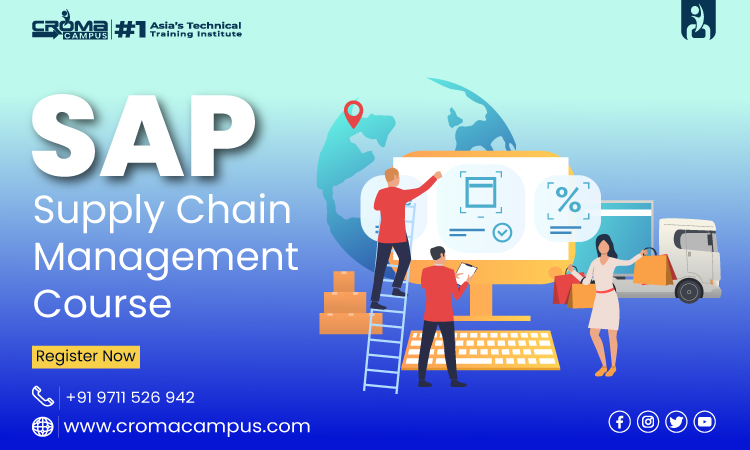Introduction
SAP certification is designed to validate your expertise in implementing and managing supply chain processes using SAP software. SAP Supply Chain Management certification is ideal for professionals who want to advance their careers in supply chain management and gain a competitive curve in the job market. SMD Screen Price In Pakistan
What is SAP SCM?
It is a software solution that helps businesses manage their supply chain operations efficiently. It provides real visibility into the entire supply chain, from procurement to production to distribution. With SAP SCM, companies can streamline their processes, reduce inventory costs, and improve overall operational efficiency. SMD Screen In Pakistan
How does SAP SCM work?
SAP SCM integrates with various systems within a company, such as inventory management, order processing, and logistics. By connecting these systems, SAP Supply Chain Management provides a holistic view of the supply chain, allowing businesses to make informed decisions based on real-time data. This helps companies optimize their processes, reduce lead times, and improve customer satisfaction. SMD Screen | Indoor | Outdoor | Price In Pakistan
SAP SCM is a powerful tool that can help businesses streamline their supply chain processes, reduce costs, and improve customer satisfaction. By implementing SAP SCM in your business and following best practices, you can stay ahead of the competition and drive success in today’s competitive marketplace. Sofa Repair Dubai
About Certification
SAP SCM stands for Supply Chain Management, and it’s an important component of any business that involves managing the flow of goods and services to meet customer demands efficiently. A SAP SCM Certification validates your expertise in using SAP solutions to optimize supply chain processes and drive business success. Furniture Repair Upholstery in Dubai UAE
Core Topics in the Certification
Supply Chain Planning: This topic covers the planning and optimization of supply chain processes, including demand planning, supply planning, and production planning. You will in SAP SCM Certification that how to use SAP SCM tools to improve forecasting accuracy and inventory management.
Supply Network Collaboration: This subject focuses on collaboration with suppliers, manufacturers, and distributors to streamline supply chain operations. You will learn how to use SAP SCM software to enhance communication and visibility across the supply chain network. Safe Child Care in Abu Dhabi, Al Mushrif, Al Shamkah, Al Qattara, UAE
Logistics Execution: Logistics execution covers the physical movement of goods within the supply chain, including transportation management, warehouse management, and order fulfillment. You will learn how to use SAP SCM solutions to optimize logistics processes and reduce costs. Premium and Outstanding Nursery in Abu Dhabi Al Mushrif, Al Shamkah, Al Qattara, UAE
Advanced Planning and Optimization: This topic delves into advanced algorithms and techniques for optimizing supply chain processes, such as network design, inventory optimization, and supply chain modeling. You will gain a deep understanding of how to leverage SAP SCM tools for strategic decision-making. qPCR HBV HCV and HIV Kits Supplier in Dubai, Abu Dhabi, UAE, GCC
Supplier Relationship Management: Supplier relationship management focuses on building strong relationships with suppliers to ensure quality, reliability, and cost-effectiveness. You will learn how to use SAP SCM software to manage supplier performance, contracts, and negotiations. HPV PCR Testing Kit Supplier in Dubai, Abu Dhabi, UAE, GCC
Conclusion
In conclusion, SAP certification covers a large range of topics related to supply chain management, planning, execution, and optimization. By gaining expertise in these areas, you can position yourself as a precious asset in the competitive field of SCM! Rainbow Horse Tote Bag
Read: American Eagle Tote Bag

Leave a Reply